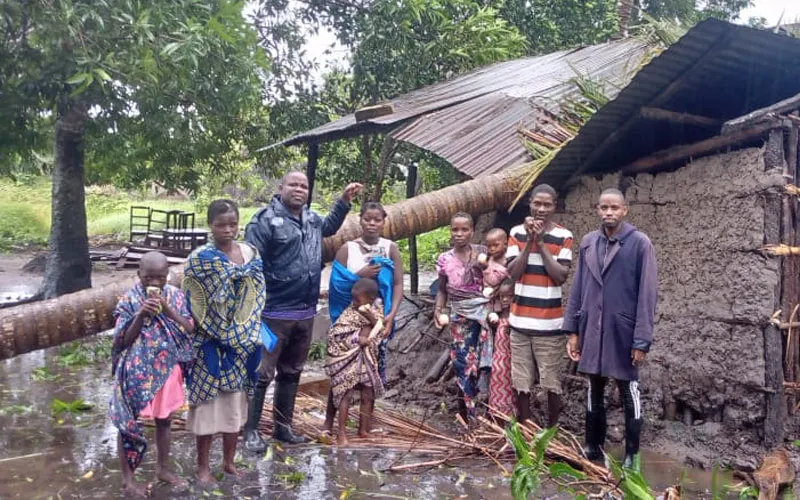Maputo, 21 March, 2023 / 9:00 pm (ACI Africa).
Hundreds of thousands of people affected by Tropical Cyclone Freddy in Southern Africa are facing hunger and starvation, the Catholic Bishop of Quelimane Diocese in Mozambique has said, noting that many in his Episcopal See are already dying of cholera amid other devastating effects of the cyclone.
In an interview with the Catholic pontifical and charity foundation, Aid to the Church in Need (ACN), Bishop Hilário da Cruz Massinga who serves one of the areas most affected by the rains and strong winds said that there being almost no basic sanitation is aggravating the health situation of the cyclone victims.
“People are dying here,” Bishop Massinga says in the Monday, March 20 ACN report.
“People are starving,” the Catholic Bishop says, and stresses, “They are really starving! And we have an additional problem which is cholera. People are dying here.”
Tropical Cyclone Freddy has reportedly killed more than 500 people in Malawi, Mozambique, and Madagascar since it first made landfall in Africa in late February.








